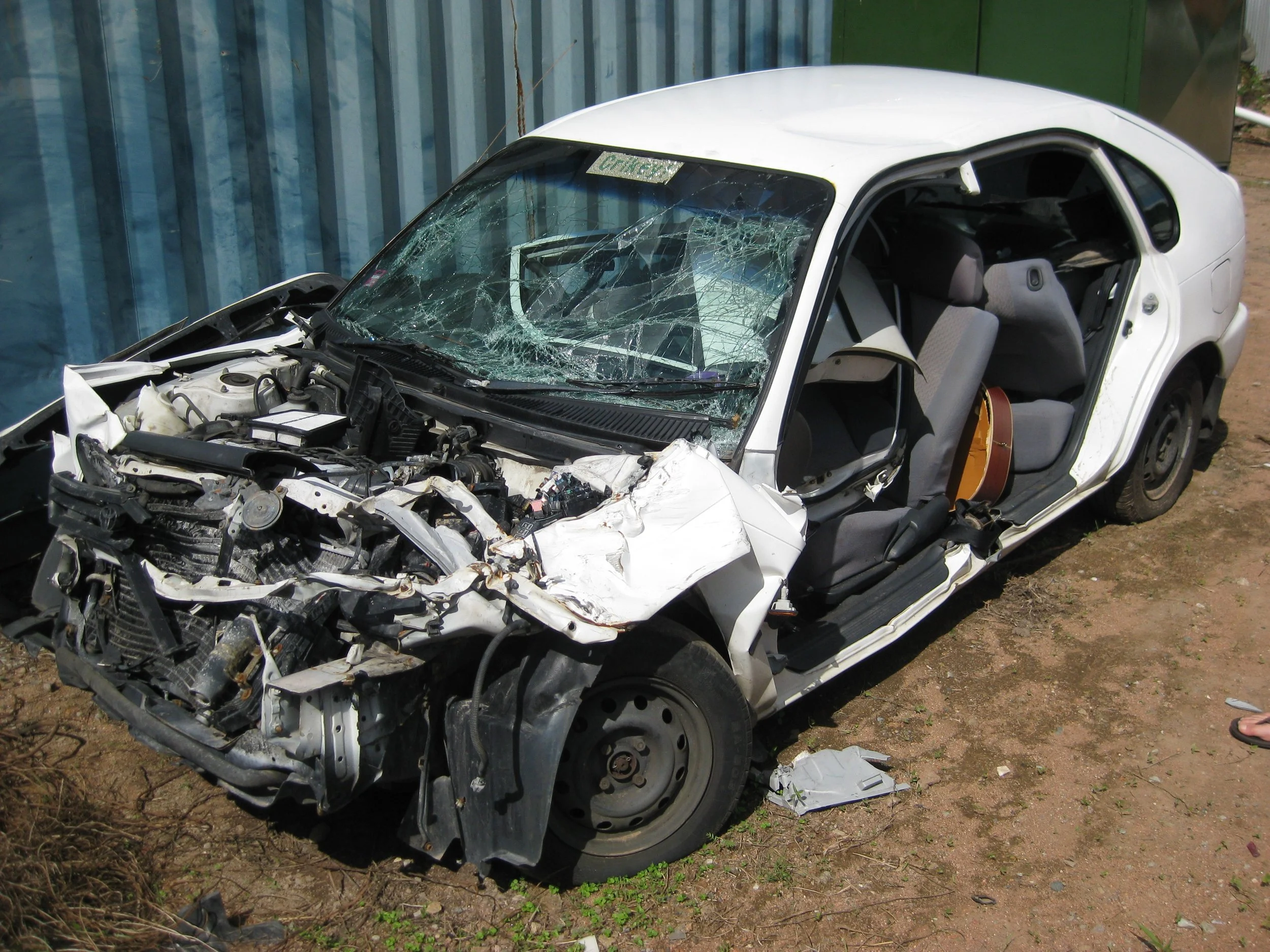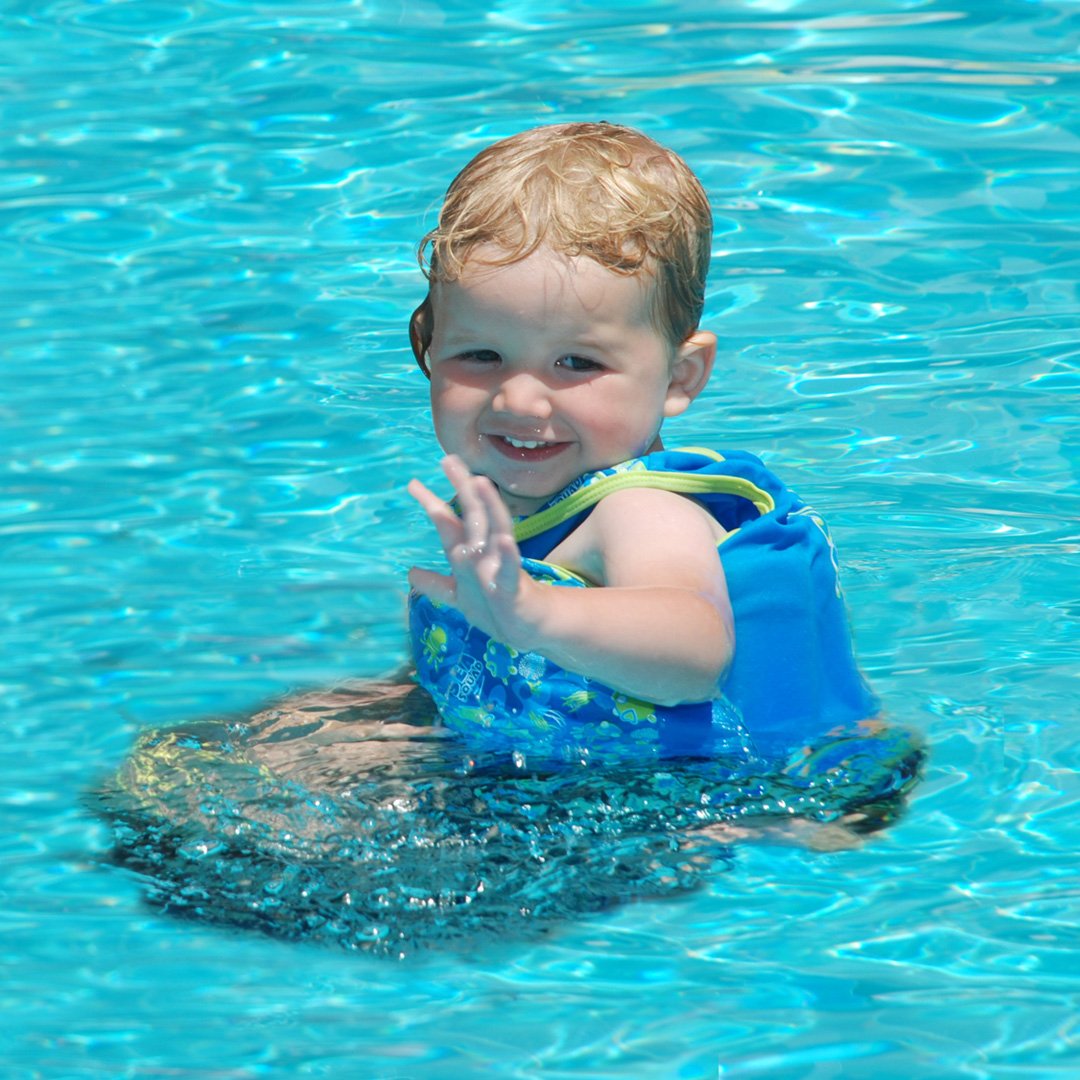It takes guts to go to therapy
I wouldn’t expect you to trust me with your vulnerability without demonstrating it myself. So I’ll let you into my life a little and my journey to becoming a therapist.
How did you become a therapist?
In my youth, I travelled the world as a successful athlete. As an Olympic Weightlifter, I was obsessed with winning. Life was eat, sleep, and train up until I was 22 when it took a turn for the worse.
In 2009, in Australia, a man was arguing with his girlfriend whilst driving on the motorway. Distracted, he turned into oncoming traffic, smashing into a car hurtling toward him in the opposite lane. I wasn't that man, but I was the person in the oncoming car.
There are certainly better ways at getting a free ride in a helicopter but, a fractured spine and eventually 6 surgeries on my knee and ankles left me with an identity crisis bubbling under the surface and a lifelong battle with chronic pain.
A year later I was backpacking through Central America and back to loving life again. The car crash was old news. ‘Stuff like that doesn’t affect me’, I thought and shared flippant excuses, “I was done with weightlifting anyway”. At the time I was too busy cave diving in Mexico, sinking beers and watching sunsets in the Caribbean, and visiting 5000-year-old Mayan temples in Guatemala, the ones from Star Wars episode 6.
One morning I was walking in the Honduran rainforest on my way to a butterfly sanctuary with some friends I made the night before. Pootling along I thought, ‘life is 100% perfect. I couldn’t possibly be happier’. Seconds later I collapsed on the ground. I couldn't stand or walk. My speech was slurred, and my vision went black and white. My heart thumped like it was breaking through my chest. My conclusion? I was having a stroke. Especially since it was a medical condition that runs in the family.
Totally incapacitated, half sitting up, half lying down, swaying, mumbling, drooling, faces peering over me looking concerned. I was glued to the ground which simultaneously felt precarious like a cliff edge.
I distinctly remember a haunting feeling crawling up my back that I’ll never forget. It felt like there was a tear in the fabric of reality, a gaping black abyss behind me, a precipice for which I was about to tip backwards and fall into, as if I was about to be swallowed by the gaping mouth of non-existence.
After an hour of terror, nothing changed. This is it, I thought and said goodbye to family members in my mind. I apologised to a God I didn’t believe in for mistakes I’d made in life, I even bargained with all the things I’d change about myself and the good I’d do in the world if he’d just let me recover from whatever was happening to me. It’s quite comical looking back now, but it wasn’t at the time.
4 hours it lasted until I fell asleep thanks to a friend who managed to somehow lump me into a taxi and get me back to the hostel and in bed. She caringly sat across from me reading her book until I nodded off. Sidenote, this friend slash hero went on to become a senior mental health nurse and later said that looking after me that day influenced her career choice when she got back travelling.
So, I didn’t lose my mind nor did I have a stroke but, that was my first severe panic attack, and it would signify the start of a long period of suffering and a road to recovery.
After 3 weeks of trying to stick it out in Central America pretending to myself that I was fine, I booked a flight and got the hell out of dodge. Staying in one of the most violent countries in the world where a bodyguard sits outside your hotel room probably isn’t the place to have a breakdown.
Home was comforting, but I was a stranger to myself. Everything that I had known, whatever sense of self or illusion of control and confidence had vanished. A gentle breeze was enough to collapse me all over again. My mood plummeted. I avoided seeking help initially like an idiot. I was ashamed of how fragile and weak I felt which only made matters worse as you’d expect. So, on top of the crippling anxiety, I started to experience depersonalisation because it had time to fester.
If you don’t know what depersonalisation is, its where your body shuts down its ability to sense the world in all its colour and candour as a safety mechanism. So you could be holding a new born baby in your arms, like I did at the birth of my nephew Fynn, and he’d feel like an inanimate object, like a wooden spoon held in lifeless wooden arms, on what felt like a TV screen from a distance yet, and this is the kicker, while you’re cognisant of knowing that this should really feel the best fucking feeling in the world. I’d sniff his fresh baby head and put his warm cheeks next to mine and zip… nada… nothing. It was crushing. Nothing short of torture, that continued daily.
The psychiatrist diagnosed me with PTSD, saying the car accident was the trigger but I knew as he probably did in our short consult, that there was more to the story. The accident was the straw (or in my case the SUV) that broke Jimmy boys back. The last act, on top of host of little and big traumas, all piling on top of each other had finally toppled me. Next stop, therapy.
Caroline was my first therapist. I was terrified at first, (go figure - I had anxiety). I was scared she was about to confirm that I was stark raving mad and needed to be locked up in a strait jacket. Turns out that wasn't the case. I’d simply soaked up, like many of us do, too many stigmatic depictions of mental health and human suffering whilst at the same time held in high regard the wrong ideals of human strength and resilience.
Caroline helped me understand, gradually, that various experiences, some of them big and little traumas from early childhood, teenage years and into adulthood had created trauma, a lasting impression in my body and mind, and that the coping mechanisms and the sense of identity that I created in order to help me survive and thrive in the world had reached its limit of coping, and in some way was now contributing to my suffering as well. She tried to convince me that feeling crazy was in fact understandable but that it was in my capacity to not just heal but become a better person beyond what I thought was ever possible for myself.
Bullshit, I thought. Just like many of us do when our minds are gripped by fear. Not believing that change is possible is also a symptom of anxiety. But she was right and she saw me metamorphise over time. We did a mixture of talking therapy sprinkled with some tools and new skills to apply in daily life like Mindfulness and Cognitive Behaviour Therapy, with a side order of trauma focussed work. All for about a year.
So I recovered or better put, found a state of recovery that was right for me at that point of life. Therapy was by no means over as it would be something I would return to and still do now when I’m due another growth spurt. But, having been traumatised by travelling for what happened last time, I decided to get back on the horse. I spent the next 5 years travelling the world, working, soaking up different cultures, climbing mountains (albeit in a lot of physical pain), getting in and out of relationships, working on myself and reading as many books as possible on psychology, self-help and philosophy I could get through.
I eventually returned to the UK and began the long road to becoming a professional mindfulness meditation teacher, counsellor, and psychotherapist. I started sitting 7-day silent meditation retreats regularly, picked up therapy again and got my foot in the door of the mental health industry whilst at the same time went back to university.
The first job I wanted whilst I progressed academically was as an elderly carer. I knew that if I wanted to become a therapist, I had to be able to sit with suffering. Therefore, supporting elderly people who are often sick, dying, lonely and sometimes soiled and left to fester, was my very own litmus test. I needed to know whether I was the person I believed I was deep down. Whether, I had it in me to meet people in all of their suffering and support them whilst maintaining their dignity. When I shared my intention to do this I heard some unhelpful criticism and stigma about “wiping people’s arses for minimum wage?”. Looking back, I’m a damn-right better therapist for having done this job. Yes, the hours and the pay were dire but, I’ll treasure the people I met and supported, I owe them a lot and I now hold the deepest respect for anyone working in an industry that is catastrophically underfunded to support a generation that we will all one day replace.
After this, I got a job in a private inpatient psychiatric ward for people suffering from what the medical model terms as complex mental health disorders, people with diagnoses of schizophrenia, personality disorder, and bi-polar to name a few. This “hospital” also housed forensic patients, people who had committed serious crimes. My job in Occupational Therapy was to help them to acquire skills like how to wake up in the morning, get dressed, and cook food. I say “hospital” as sadly, it was more like a prison. I witnessed a lot of coercion, control and not much rehabilitation let alone care. I would later find out after I left that this hospital closed down for holding patients illegally from their families without the right paperwork. I often wonder where the patients are now.
For a while, I worked as a research assistant at the University of Manchester on a clinical trial for people with diagnoses of schizophrenia. This involved culturally adapting family therapy for people of black and Afro-Caribbean descent and researching its effectiveness. Not long after, I landed a job in an NHS-commissioned service in Macclesfield, a place where I would cut my teeth as a therapist. I began in the NHS by delivering online cognitive-behavioural therapy over the phone but, as time went on, I pitched to the service manager the idea of delivering mindfulness groups since I was an accredited mindfulness teacher. They agreed but, wanted it to be delivered over 6 weeks not the 8 weeks I was trained to deliver. So, I wrote my own 70,000-word mindfulness workbook and reorganised the 8-week course into 6-weeks and started running 2 courses a week. They were a great success and I have so many good memories of this time. Seeing week after week groups of twelve people and watching them benefit from the hard work you have put into learning something and sharing it with others is rewarding. Not in a showy look at me kind of way but, in a “that’s pretty cool. Who would have thought all that shit in Honduras would lead to this!”. That year I even won an award, the Big Life Group 2017 ‘Creative’ award, an award handed out only once a year to a pool of roughly 600 staff working across the northwest in health care and schooling. It was an ugly piece of plastic to take home but, it was nice to be recognised for my hard work.
—



















